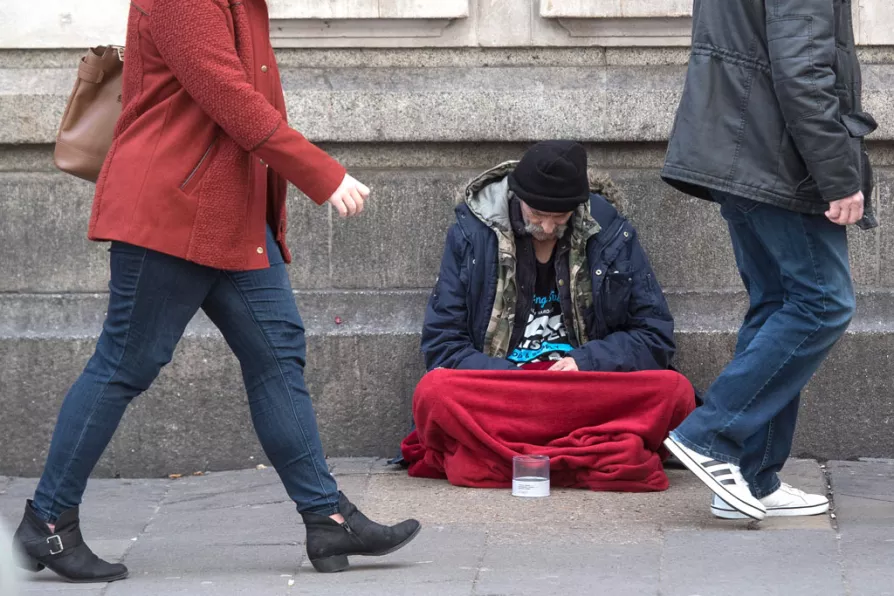Homelessness up among mentally ill, Scottish Labour warns


THE number of people with mental health problems assessed as homeless or at risk of it in Scotland has almost doubled since 2013-14, new research reveals today.
Analysis by Scottish Labour shows that measures introduced during the pandemic to prevent homelessness had a limited impact on the number of people with mental health problems who were considered homeless.
Figures in the Scottish government’s 2020-21 report, Homelessness in Scotland, show that while the total number of households which included someone assessed as homeless or at risk have fallen by 8 per cent since 2013-14, the figure for those with mental health problems rose by 90 per cent.
More from this author

It is ‘unfathomable’ that staff are having to keep doors and windows open and ask pupils to layer up for a second winter, Scottish Teachers for Positive Change and Wellbeing says
Similar stories

Rough sleeping in England rises in a year with record numbers of children crammed into B&Bs














